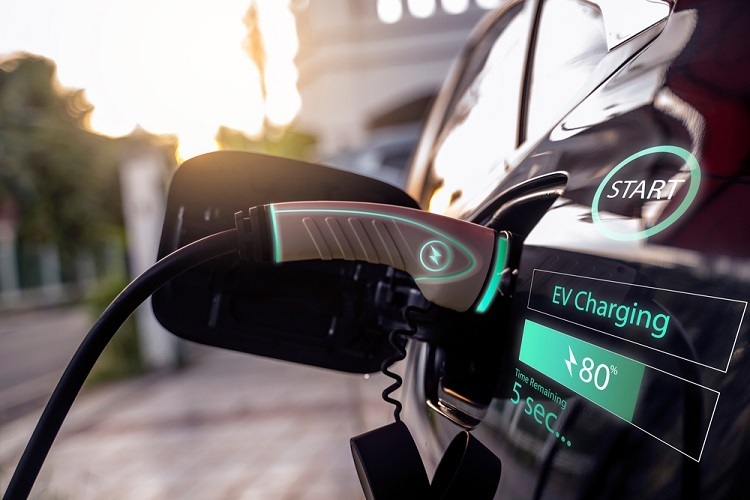Electric vehicle (EV) charging solutions are quickly becoming a necessity for businesses. Businesses which have multiple EV charging stations see improved employee and customer satisfaction as well as lower operating costs. Given the ROI offered by commercial EV charging stations, any business with at least 250 parking spaces can benefit from installing such a system.
Table of Contents
What to Consider When Choosing EV Charging Solutions
As an owner or manager of a business, you will want to choose an EV charging solution that meets the needs of your company and its employees. The following list highlights some key considerations:
Cost . What is the total cost of ownership for the EV charging station? Is there a monthly fee for services? Are installation fees charged? What about implementation costs?
Usage . How many times per day, per week, or per month will each station be used? How long will each charge take? How much electricity does each station consume? What is the overall impact on your company’s electric bill?
Compatibility . Are all of your company’s EVs compatible with the chosen charging technology? If not, how much will switching to compatible vehicles cost, including replacement vehicles and conversions?
For direct charging, the most important thing to consider is how many EVs are being charged simultaneously. The reason why we say so is because direct chargers have limitations on how much power they can deliver at one time and they eliminate some of the risk of overloading the grid with too much current. On the other hand, level 2 chargers are equipped with an array of chargers that come together as one unit. This type of charger has less limitations but requires more space than a direct charger does.
The next thing to consider is whether or not you want an open or closed system for your commercial EV charging station, which will mostly depend on your budget and location requirements.
Many organizations that need to add or replace their current charging station will want to consider whether they should install level 2 or level 3 chargers. Level 2 chargers offer a somewhat slower charge than level 3 chargers, but they are also significantly less expensive. Level 3 chargers are more expensive and faster; however, these devices require specialized installation and utility hookups that make them more difficult for some fleets to implement.
EV charging infrastructure can be complicated, so it’s important to choose an EV charging company that has experience working with fleets of all sizes.
If you are looking for EV charger installation in Nottingham, visit us at https://evcharging-installs.co.uk/.




